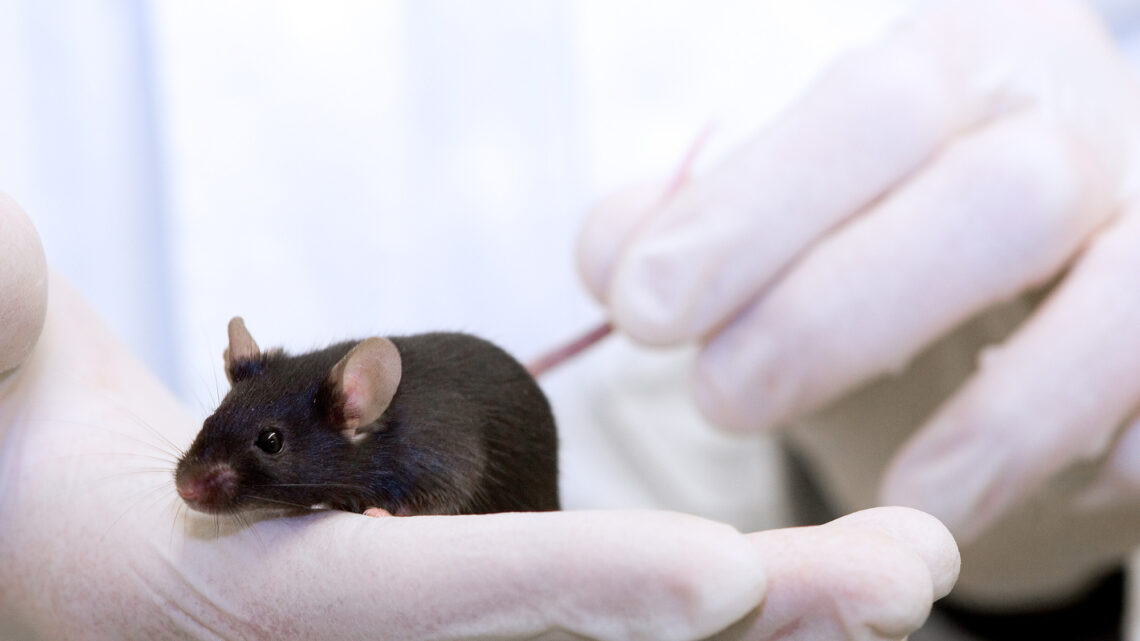For social animals like humans, it’s critical to be able to recognize and react to the emotional state of others. One particularly important aspect of this ability is empathy—which, in this context, refers specifically to understanding when another person is in emotional distress.
However, individuals can respond in very different ways to seeing someone in such distress. These responses fall into two broad categories. There are prosocial responses: reaching out to the person in distress to provide care and comfort. However, there are also antisocial responses, where seeing someone in distress triggers similar distress and emotional pain in the witness, leading them to recoil from the situation to focus on their own emotions.
The nature of a person’s response is strongly influenced by their own history—and, specifically, whether they’ve had a similar experience to the one they’re witnessing. A new paper published December 12 in Nature Neuroscience explores the neurocognitive basis for how “negative self-experiences” affect responses to emotional distress in others.
The ability to recognize and react to others’ emotions is not confined to humans—many other mammals demonstrate similar facilities. However, it’s been less clear to what extent negative self-experience plays a role in other animals. The paper’s authors examined whether it affected mice’s responses to seeing others in stressful situations and found that the experience does indeed seem to have effects similar to those in humans. This suggests that empathy in humans may well have similar neurological foundations to empathy in mice.
The researchers found that on the whole, the mice that the paper refers to as “negative self-experienced”—i.e. those who had had an experience similar to the one they were…
Read the full article here





